The owners of Dundee FC expect a decision on their Camperdown Park stadium plans in August.
The hearing date for their planning permission in principle application (PPiP) is due to take place on August 12.
And the club owners anticipate a quick decision on “the most comprehensive PPiP documentation imaginable”.
In the meantime, Dark Blue Property Holdings (DBPH) – the company set up by Dundee owners Tim Keyes and John Nelms to build the new stadium – have received an early boost to their hopes of getting a green light to move onto the next phase of the project.
SEPA, the Scottish Environmental Protection Agency, have responded with no objections to the PPiP application.
More information on the project has also been provided to Dee4Life after the fans group – and the club’s second-largest shareholder – submitted a list of questions.
The group and club have clashed in recent years.
However, the response suggests a willingness to interact once more and, as a result, provides the club’s fanbase with more information with questions on a range of issues answered.
‘Ahead of the game’
D4L: When is the full planning application likely to be submitted? Or any submissions required by the grant of the current PPiP under any attached conditions, notably suspensive conditions?
DBPH: Full planning permission will be pending Dundee City Council’s response and feedback to PPiP. We anticipate a decision by August at the latest. We have submitted the most comprehensive PPiP documentation imaginable for two reasons. First, we wanted to make sure that such an historic proposal was given full consideration. To that end we have spent significant sums on more than 20 consultants in key areas of the planning submission.
We also wanted to make sure that after years of discussion, which have been interrupted by a pandemic and impacted by a recession, we would be ‘ahead of the game’ when it came to seeking full permission. For the avoidance of doubt each aspect of the PPiP will be broken up into multiple full planning applications as each element of the plan has its own individual issues to be answered.
D4L: Is the target of football being played in the new stadium by summer 2025 still valid given the fact that planning permission in principle has still to be determined?
DBPH: The owners of DBPH holdings are optimistic but also impatient. We as a project team want to make sure we are ready to go if and when permission is granted. We have waited this long but the priority is that we are ready to bring the vision to life when we get the green light from the council.
Dundee FC stadium ownership
D4L: Will Dundee FC own the stadium? If not, will the rental terms be set at a commercial rate or on other terms, such as a set percentage of the club’s turnover?
DBPH: Bearing in mind DBPH recently purchased the stadium back from private ownership, we envisage a similar operating model that will again ensure preferential rental rates for the club.
Again, this is common practice across the world and reduces the onus on the club.
This question has been answered multiple times and if the answer were ever to change we would let your group and all Dundee supporters know of the change.
D4L: If the club is not to own the stadium, will the club pay more in rent than the current arrangements at Dens Park?
DBPH: Firstly, the escalating costs of simply keeping the lights on at Dens, along with the maintenance and dilapidation costs, are now approaching £1m per year. This is pure cost and money that is better reinvested in the team. The new model will ensure a preferential rental agreement that will absolutely be better value-for-money and be offset by the residual income, which in turn can be reinvested in the team.
Costs?
D4L: The ONS notes that private commercial construction costs have risen by around 30% in the past seven years, including approximately 14% since December 2021. Interest rates have risen significantly in this time too. How has all this impacted on the affordability of the project?
DBPH: That’s for DBPH to work through and we have a robust business plan in place. We have been struck by how proactive global brands have been to express keen interest in the wider development. We are also seeing the financial headwinds following the pandemic easing sufficiently to give us confidence in the model.
D4L: What protections are in place for the club should DBPH experience financial difficulties that prevent the project from being delivered, or the company to cease trading?
DBPH: This is a very hypothetical question, only asked by Dee4Life. We have shown our commitment to the club throughout the 10 years since our arrival and while form has fluctuated on the field, we have remained steadfast in our long-term ambitions for the club. Staying at Dens Park is, sadly, simply not a viable long-term option.
Dens Park
D4L: Whilst the planning application process and subsequent development takes place what are the arrangements and investments planned for Dens Park?
DBPH: We are spending just over £700,000 on Dens Park and counting, in which a significant amount goes towards the pitch. In addition, we have put in place consultants at an increased cost over the winter, due to the unprecedented storms and heavy rainfall that has hit the Dundee area in recent months. Improvements have been made and will continue to be made to the pitch whilst we remain at Dens Park. We will continue to evaluate and invest as we have done so for the duration of our time at Dens Park.
D4L: Should planning permission be refused or should the development fail to materialise for any other reason, what is the club’s Plan B position?
DBPH: Based on the PPiP submitted, the input from key stakeholders and consultants at all levels, and the reassuring public comments from DCC that they seek “to work with developers and remove obstacles”, we look forward with confidence that Camperdown Stadium Development can be a crown jewel in the city’s regeneration. A home we can be proud of and a beacon for our city as a whole.
The full list of questions and answers can be viewed on the Dee4Life website.


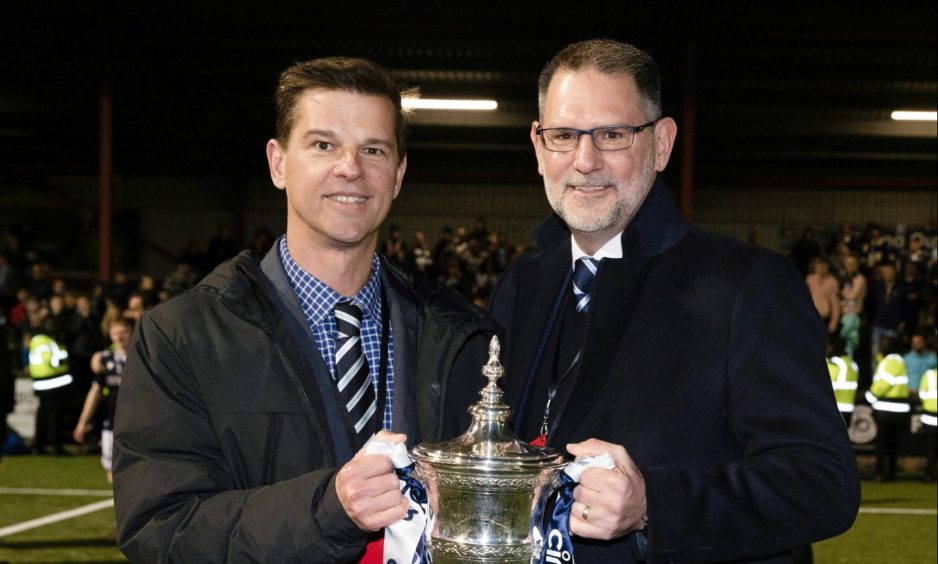
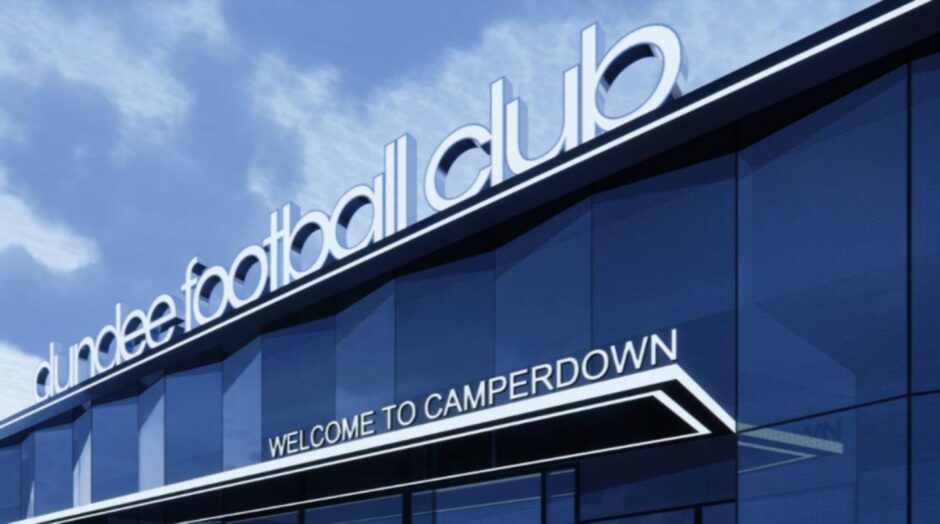
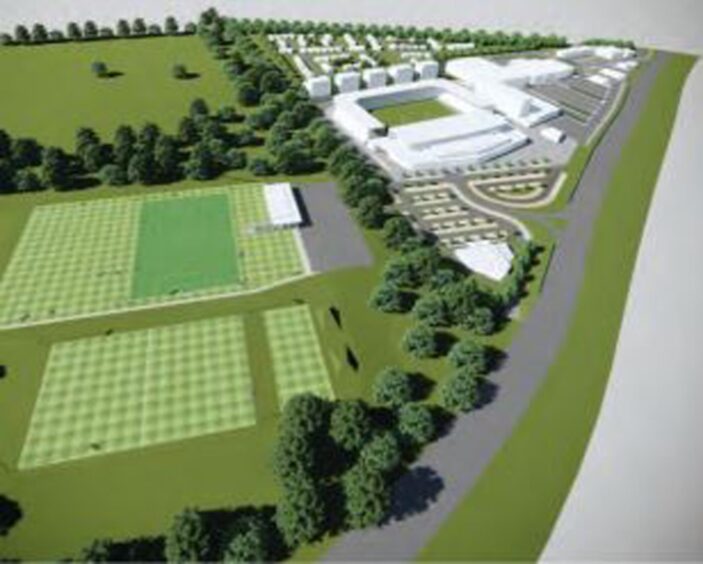
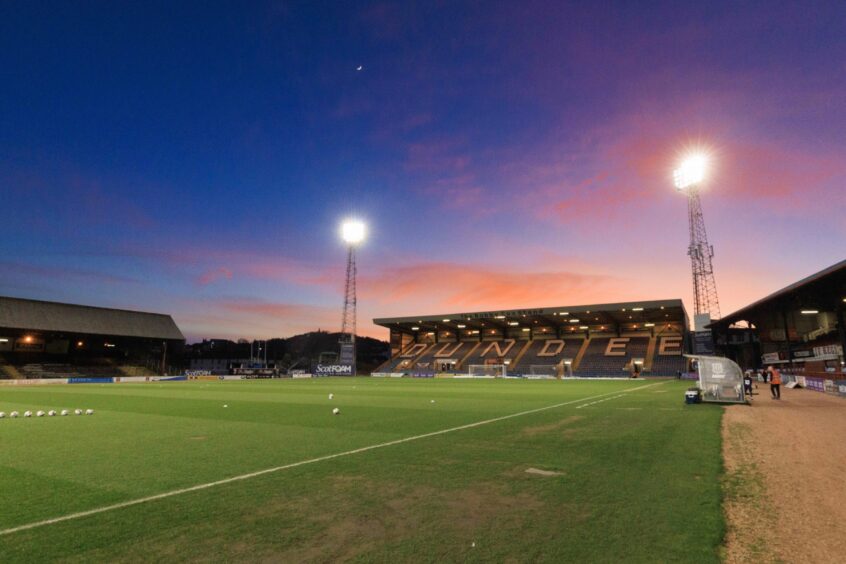
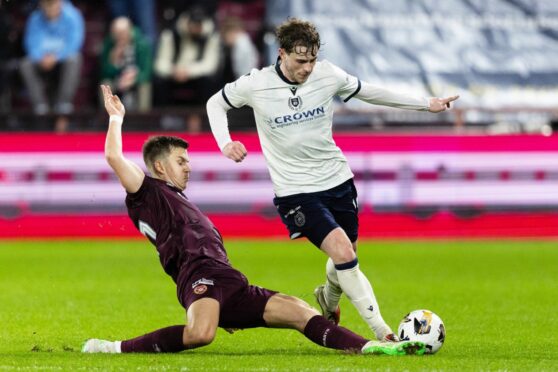
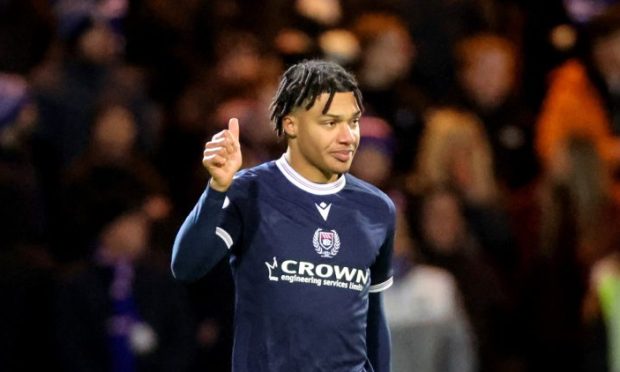
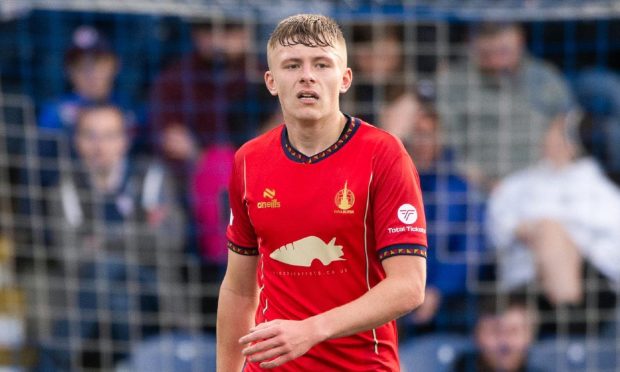
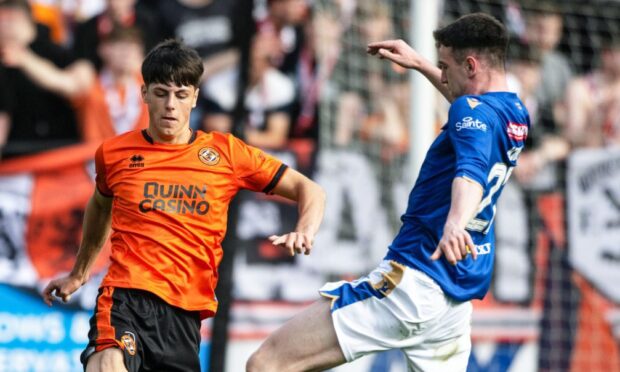
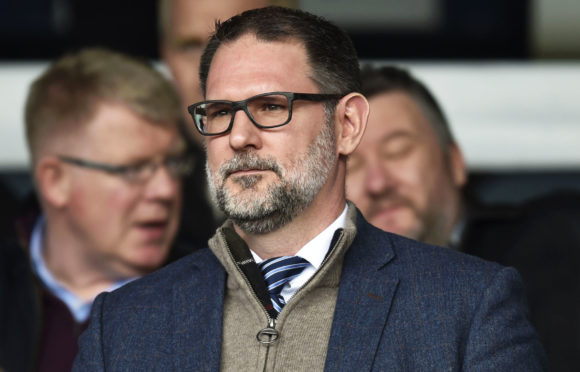
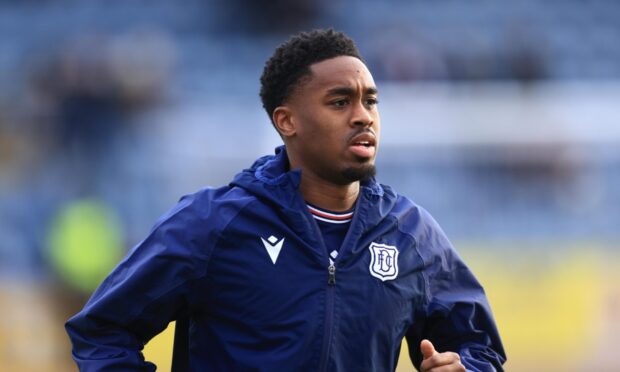
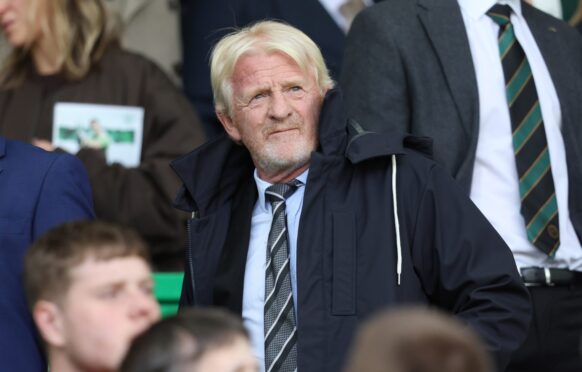
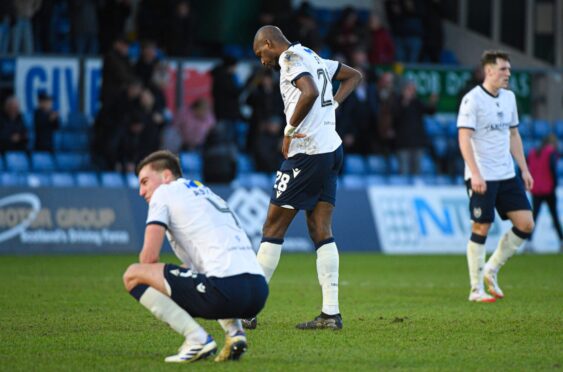
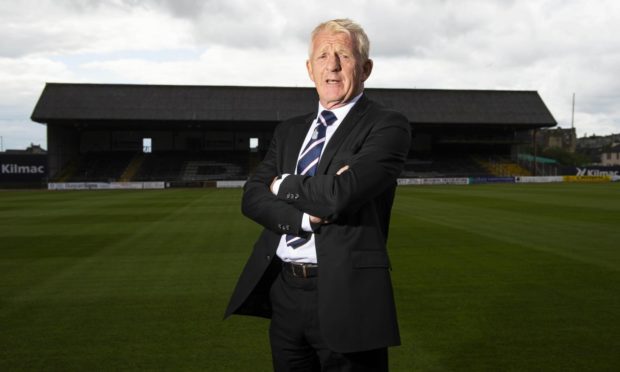
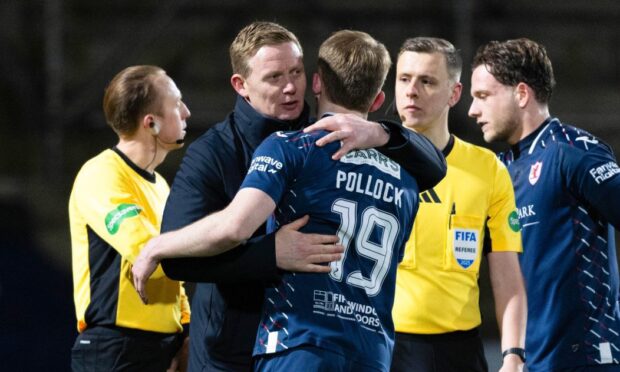
Conversation